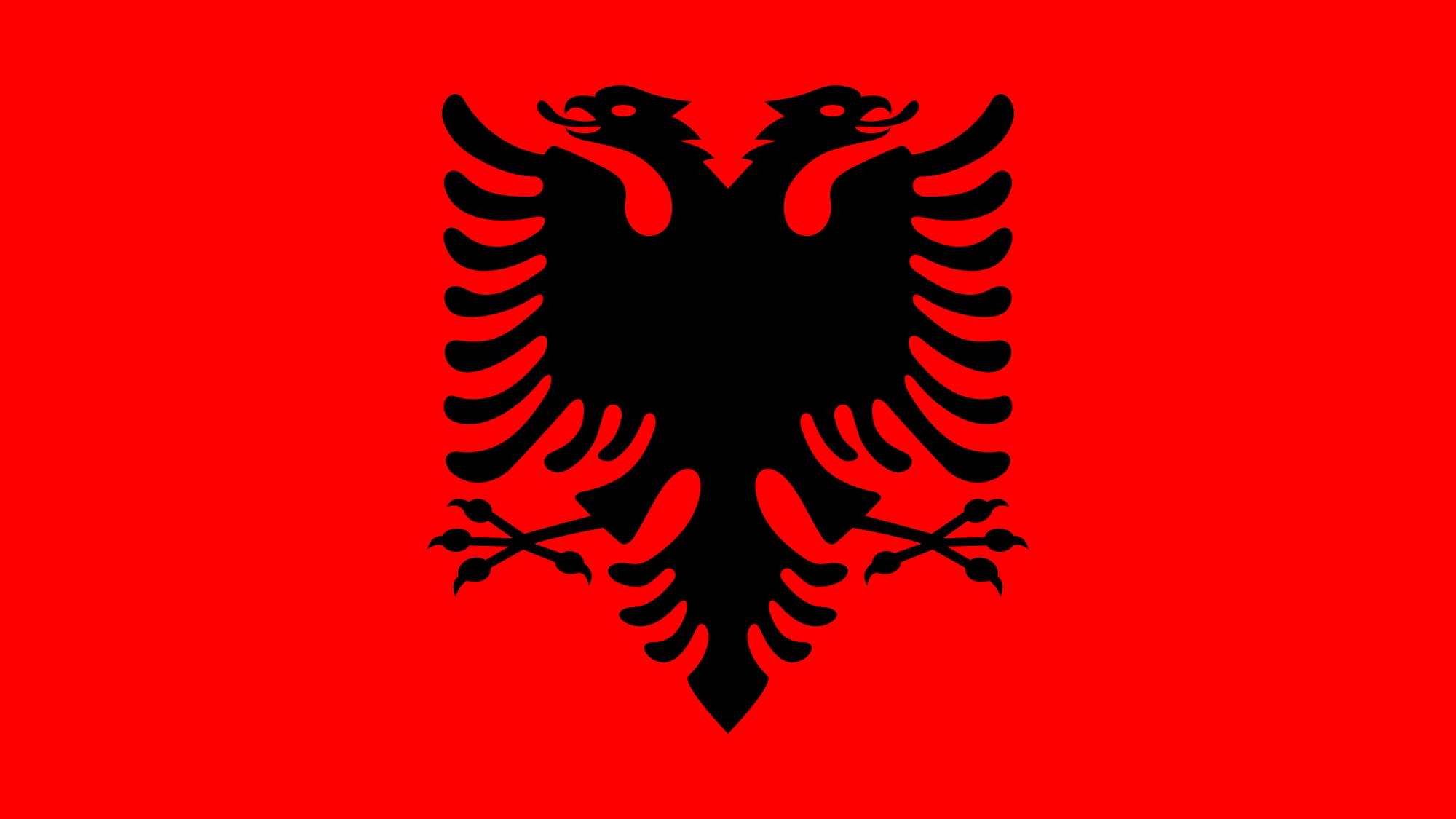Title: Science-to-Field: Optimal production of medicinal and aromaticplants (MAPs) in Albania- ALBMAP
Reference: 01DS21005A
Duration: 01 Jun 2021- 31 May 2024
Program: German Federal Government’s Strategy for the Institutionalization of the Science and Research Program.
The project’s approach is based on three pillars as follows:
- Pillar 1 includes all scientific research activities that aim to expand specific MAP cultivation (lemon balm) specific knowledge in Albania;
- Pillar 2 aims the engagement of all parties concerned in action. The Albanian partner AGRO-MAP will play a main role by providing research fields, cooperating in identifying research experiments by identifying potential stakeholders etc.;
- Pillar 3 includes the investigation and development of protected areas and adapted CPSs. CPS will enable automated irrigation and fertilization and furthermore by including a decisive site with specific parameters will allow a specific provision of the site for future productivity and quality.
Measures to implement objectives. The research funding program aims application-oriented research questions with potential for long-term sustainable cooperation with Western Balkan countries, in this case Albania.
The main objective of the approach, planned by the science field, is the improvement of current MAP (Medical Aromatic Plants) production in Albania regarding resource input and productivity. The scientific research between the University of Tirana and University of Hohenheim goes back to several successful cooperation projects. The project applied aims to pursue practical cases and include young scientists. Bachelor, Master and Doctoral students from Albania and Germany will be included and provide a decisive contribution to the project. These students will help support the strengthening of existing exchanges and cooperation and be the main actors of future international cooperation. Two SMEs from Albania and Germany are included in the research project. AGRO-MAP is also a main connection between farmers and scientists with regard to the exchange of knowledge and skills.
The scientific project’s main objectives are to investigate in detail the optimal conditions for expansion of the selected MAPs in Albania regarding productivity and quality parameters. The main focus is in different environmental conditions; therefore research areas are planned in the eastern mountains and western plain. The approach from the scientific area requires the participation of practitioners so as they can be able to run on-site experiments and exchange knowledge between science and practice, as well as be able to transfer their gained findings in practice. The participation of SMEs from Albania and Germany not only completes the project, but above all enables it.
The added value of international cooperation. The Institute of Agricultural Engineering of the University of Hohenheim has been included in different national and international projects across the world. The institute provides high-profile laboratories and direct ties to mechanical and electrical workshops, which allows an easy scaling of laboratorial processes.
Sustainability. The project will give room to new synergy between universities, private companies, farmers’ corporates and government institutions. A wide range of scientific-technical solutions adapted to the needs of Western Balkan countries like Serbia, Macedonia, Bosnia and Hercegovina may be expected. The project planned may also serve as a role model for other Western Balkan and Mediterranean countries like Spain. The project is firstly aimed at Albania and Western Balkan countries. The investigation of the social-economic framework’s conditions for changes in agricultural management measures is essential for changes to be successful.

